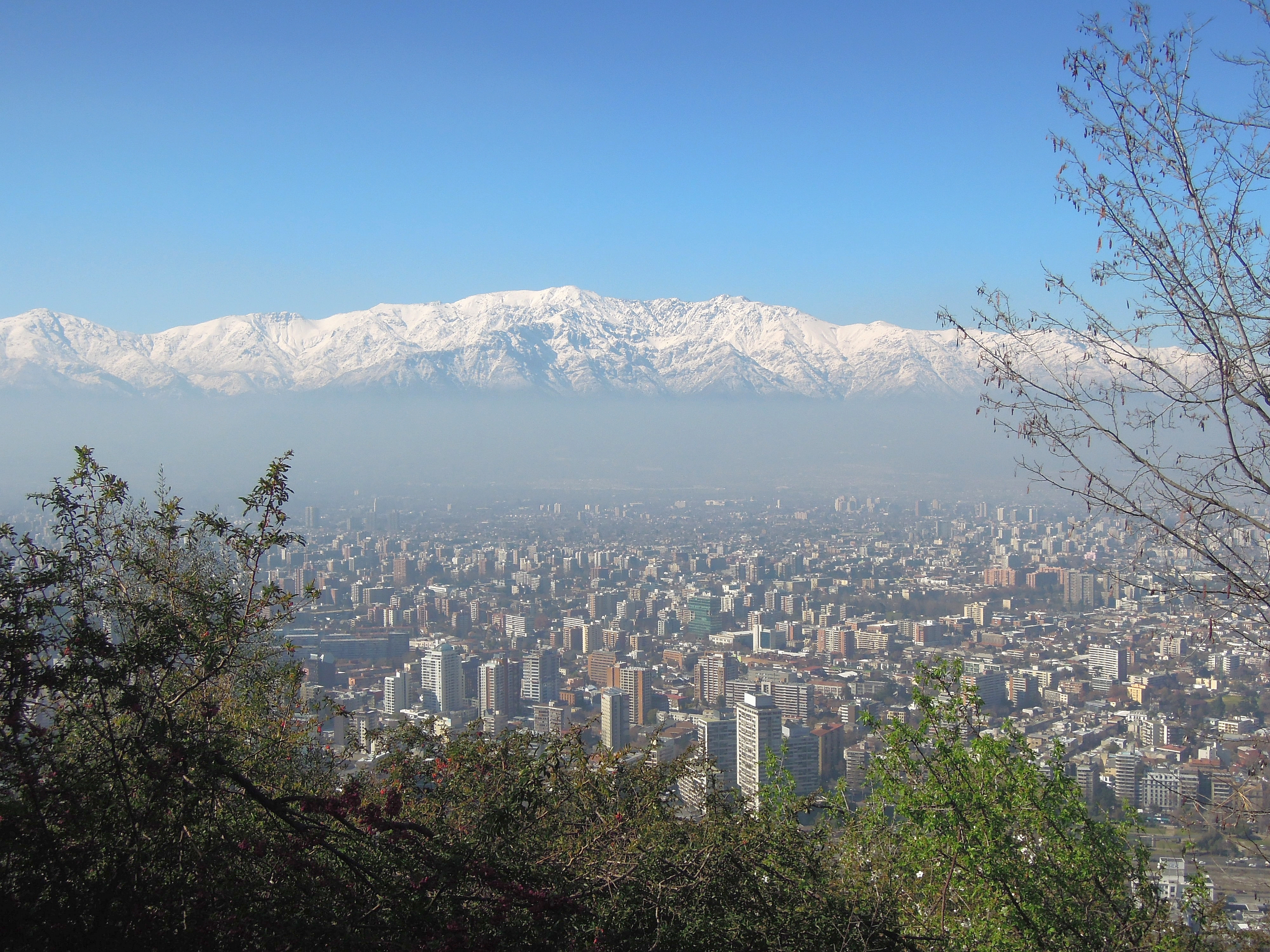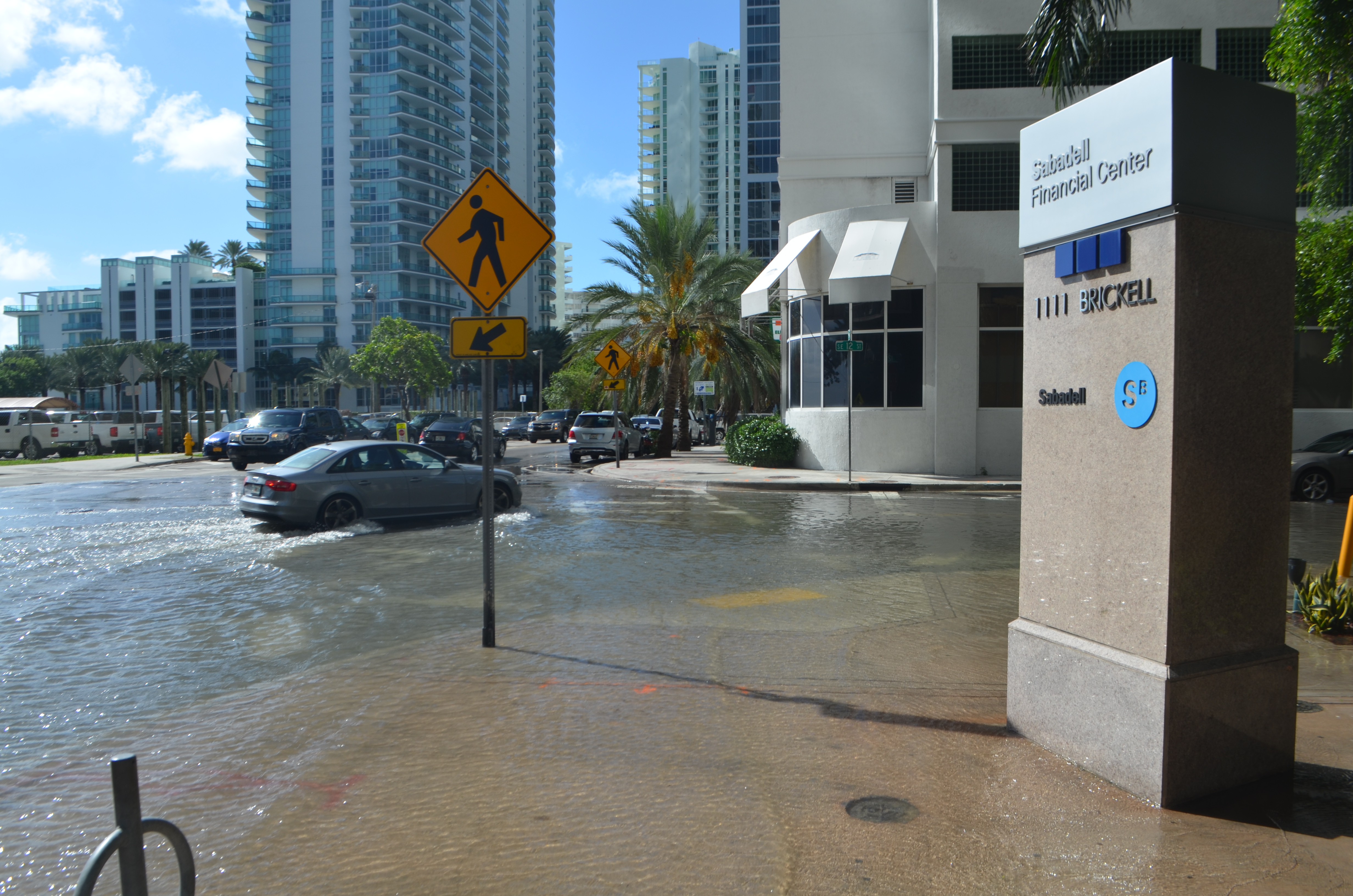
Local goes global
As national governments waver, cities take up the climate fight
The Earth’s temperature creeps steadily upwards and its oceans lap progressively higher. Meanwhile, for many national governments, prioritizing climate change as an imminent threat has fallen off the agenda. In fact, some of the world’s most powerful leaders flatly reject the existence of man-made climate change. In key countries like the United States and Brazil, their decisions have even worked to overturn critical environmental policies aimed at curbing global warming or tempering its effects.
In the face of this denial, city mayors and other local politicians across the globe are taking matters into their own hands. More than half the world’s population reside in urban centers, with one in eight people living in megacities of more than 10 million inhabitants. As elected representatives of this vast congregation, city leaders have banded together, amassing their collective clout and power to confront the climate crisis.
This local-goes-global movement is the focus of research for UC Santa Cruz assistant professor of politics David Gordon, one of a growing number of political scientists studying how cities wield their influence. Gordon wants to know how cities as dramatically different as Ghana’s Accra, Vietnam’s Hanoi, and Canada’s Montreal can work together to attain shared, global goals. “These cities have no power over one another and no ability to impose penalties or coerce one another,” he said. “How do they agree on anything and coordinate their actions to achieve something collectively?”
To answer this question, Gordon examines organizations like the C40 Cities Climate Leadership Group, a network of cities from six continents. C40 member cities have pledged to curb emissions, work towards a carbon-neutral future, and, in accordance with the 2015 United Nations Paris Agreement, limit global warming to no more than 1.5° C by 2050. The group shares strategies and blueprints for implementing climate projects and policies and leverages their collective voice in the hopes of influencing international decisions on climate change.
Coming together
As of February 2020, the C40 Group included 96 cities, more than double its 40 first-year members almost 15 years ago. The roster includes São Paulo, Brazil, which faces a future of increasing drought, extreme heat, and vector-borne diseases driven by climate change. It also includes Melbourne, which, already working to troubleshoot sea-level rise, recently saw itself surrounded by flames as record breaking fires raged across Australia. Both cities joined C40, in spite of federal leadership that denies man-made climate change. Miami, where residents now regularly trudge through downtown flooding and the number of dangerously hot days is expected to quadruple by 2050, stepped around its own conservative state and federal governments to become one of the most recent C40 members in January 2020.
Other city networks are similarly focused on climate change. For example, the Global Covenant of Mayors for Climate & Energy, formed when two pre-existing city initiatives merged in 2016, links more than 10,000 cities whose leaders are taking steps to prepare for the eventual impacts of climate change. And the Carbon Disclosure Project, headquartered in London, tracks carbon emissions from more than 700 cities.
Such groups are attractive not just for cities already dealing with real impacts of climate change, but also for those looking for opportunities to grow and modernize, said Gordon. Membership sometimes opens a path for access to funding from development banks, philanthropies, or investors, which, in turn, can lead to more climate-friendly development. This strategy could become more broadly followed once people see the associated benefits, like more green space and improved public transportation, Gordon said.
Displaying the beneficial outcomes of adopting such “green” models can also be a way for cities and their leaders to establish international standing. But it’s a delicate balance, said Sara Hughes, assistant professor of environment and sustainability at the University of Michigan in Ann Arbor. Too much focus on international issues can exacerbate resentment of officials who neglect problems within their cities. For example, “cities have historically not done a great job of addressing inequality,” said Hughes, who studies governance strategies for responding to climate change in cities. “Whether that can be centered in some of this work is still an open question.”
Blow back
In fact, overstepping local issues for global ones can backfire drastically, as illustrated by the fall of Toronto’s one-time mayor, David Miller. Now the North American director for the C40 Group, Miller was slammed for spending too much of his time as mayor on building connections outside of Toronto instead of dealing with problems plaguing the city’s working class. Many saw Miller as a “globe-trotting elitist,” Gordon said, which contributed to a precipitous drop in his approval ratings and ouster in 2010 by Rob Ford, a politician who, in many ways, embodied the opposite of Miller’s environmental ideals.

A similar tipping point was reached last October in Santiago, Chile, another C40 city, as it prepared to host the U.N.’s 25th international Climate Change Conference. While researchers and environmentalists geared up for the chance to position Santiago as a climate leader on the global stage, long-simmering anger about inequality exploded into weeks of rioting, paralyzing the city and forcing conference organizers to relocate the conference to Madrid. “If you don't connect a global political project to the interests of people living in and around your city, there's a real problem with the viability of the whole thing,” Gordon said. “That can really throw everything off the rails in a big hurry.”
Juggling needs
In fact, how cities juggle the immediate needs of their citizens with the longer-term, global challenges posed by climate change may be one major factor determining whether these city coalitions ultimately succeed, Gordon said. He plans to test this by comparing specific cities more closely, based on how they score on measures of international and local accountability.
For example, Quito, Ecuador, has already experienced substantial weather pattern changes due to an average temperature increase of 1.2° to 1.4° C. The city is deeply involved in global climate groups but has made little effort to educate its citizens about why, Gordon said. In contrast, Iskandar in Malaysia scores high on Gordon’s metrics of local accountability, engaging regularly with its citizens and creating opportunities for education and input. What could make the difference, he said, “is the ability to effectively build that bridge between the interests of cities and the allure of international investment and recognition.”

Because this field of research is relatively new, when it comes to what brings success, there are many more questions than answers, said Gordon, whose new book (April 2020), Cities on the World Stage: The Politics of Global Urban Climate Governance, explores these questions. Many cities have made bold climate commitments, but will they actually be able to deliver? What happens if their positions conflict with those of their state or national governments, as has occurred with sanctuary cities in the United States? And will developing municipalities clash with more modern metropolises which, despite having made negative environmental impacts in the past, now are asking others to curb their advancement for the sake of fighting climate change?
“We really need to better understand what makes city climate action succeed, and David's work in that regard is very important,” said Sander Chan, a political science researcher studying global climate action at the German Development Institute in Bonn, Germany. “What cities do, and their action or inaction is vital.”

